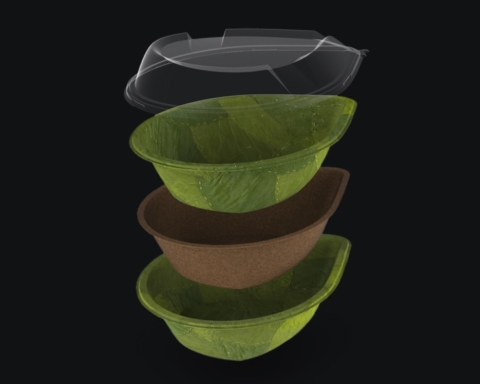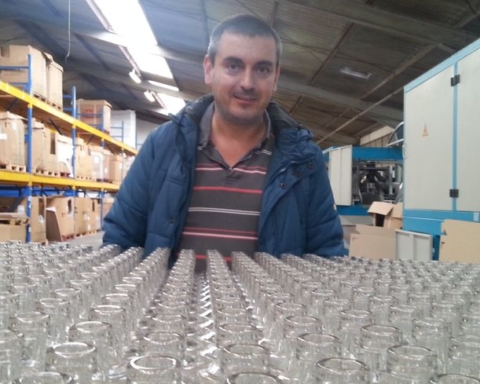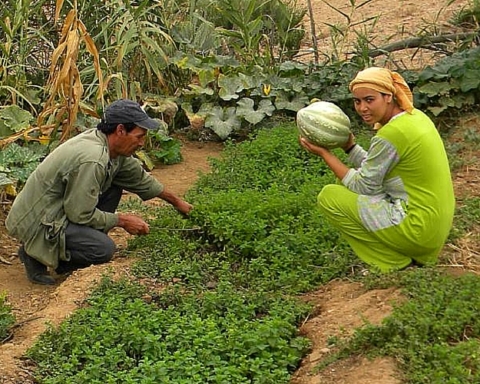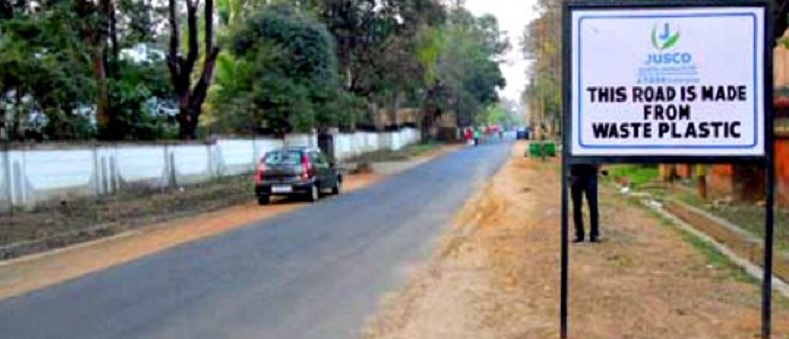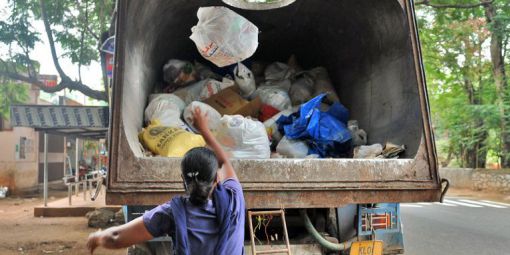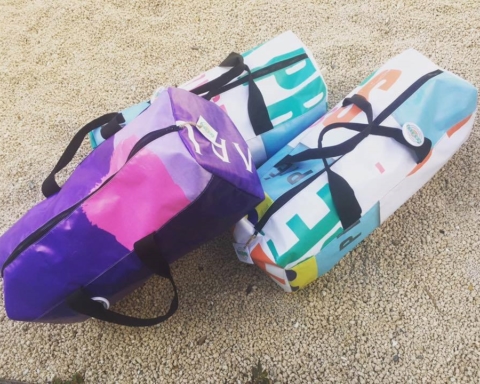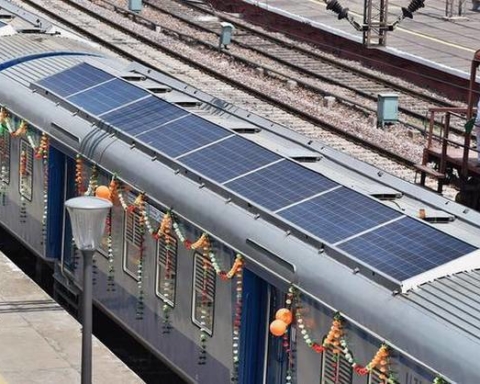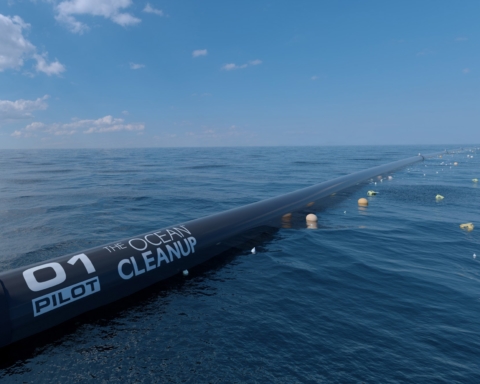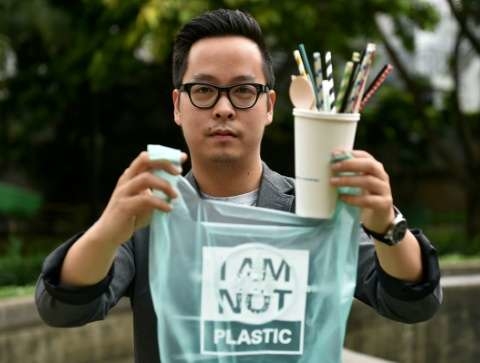India is confronted with a huge waste problem. Plastic is one among them as it pollutes waterways, landscapes. Plastic bags are, thus, being extensively used for road surfacing as plastic and tar bond well together because both are petroleum products.
Since he took office as Prime Minister Narendra Modi vowed for a cleaner India and launched the Clean India Movement (Swachh Bharat Abhiyan: Indian). And we can tell that his appeal has not gone to deaf ears. In the state of Andhra Pradesh, the city of Visakhapatnam is enjoying a new coating for its roads: A mixture of tar and plastic recovery.
The municipality of Visakhapatnam, an Indian port with one million inhabitants among the largest in the Bay of Bengal, has set up a pilot project to use plastic waste. Knowing that it is difficult to effectively remove this material, the municipality has conducted a survey to reuse it intelligently. It found that it would help improve the city’s road network.
According to The Hindu, the recycled plastic coating project involves eleven roads in five urban areas. This technology should make it possible to replace one tonne of tar per kilometre of road by plastic, cheaper: 300 Indian rupees (4.12 Euros) saved per cubic meter laid.
Jambulingam Street in Chennai was one of India’s first plastic roads
But beyond the savings, “it is a question of using and disposing of non-biodegradable plastic waste”, says the director of municipal services Hari Narayanan, according to which this technology has proved itself in Hyderabad (State of Telangana ) and Chennai (State of Tamil Nadu), towns of two neighbouring states.
In fact, Jambulingam Street in Chennai was one of India’s first plastic roads thanks to Dr R Vasudevan, a chemistry professor and dean at the Thiagarajar College of Engineering in Madurai. “I put this idea forward after some trial and error; shaking over shredded plastic waste over hot gravel and coating the stones in a thin film of plastic. I then added the plastic-coated stones to molten tar, or asphalt” he told The Guardian.
Hari Narayanan, on his side, explained that it is mandatory to introduce 7 percent plastic into the road surface to be included in the Swashh Bharat Survekshan, the annual ranking of the cleanest cities and regions in India, launched in 2014. The winning city in 2015 was Mysore in the state of Karnataka, according to The Economic Times.
The entrepreneur buys plastic from retreatants. Subsequently, it mixes in situ the pulverized plastic with the tar, to make bitumen out of it.
The mix, according to municipal officials, has the advantage of avoiding the formation of potholes and the stagnation of water that damage the bitumen. Some 4.5 kilometres of roads have started in mid-December 2016.
Visakhapatnam generates 1,150 tons of waste per day, 8 percent of which are plastics. Among these wastes, one percent is plastic bags distributed in shops.
Narendra Modi asked his compatriots: “If you have the time and resources, please, realise our dream of a clean India. A clean India would be the best tribute India could pay to Mahatma Gandhi on his 150 birth anniversary in 2019”.



